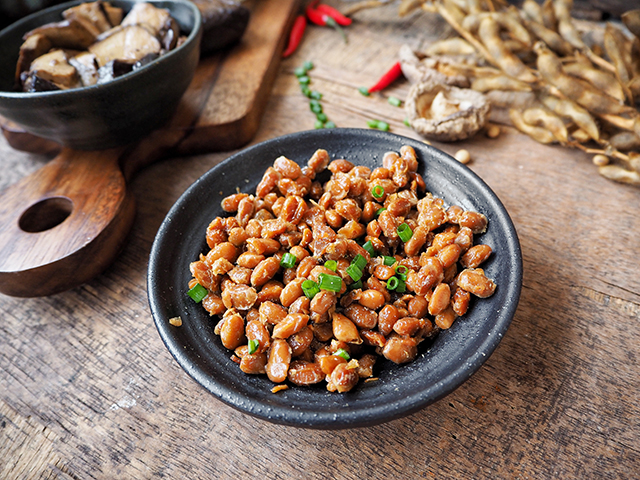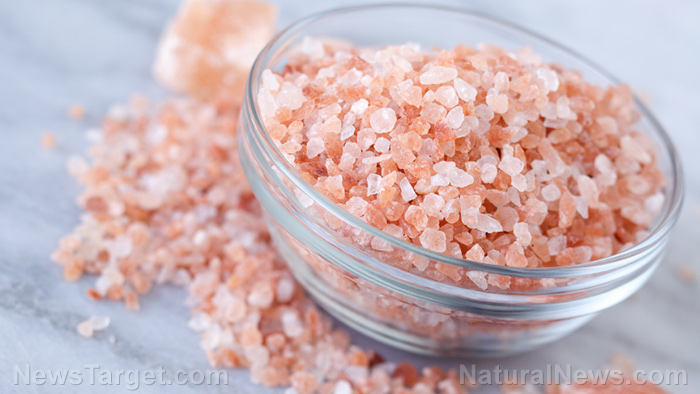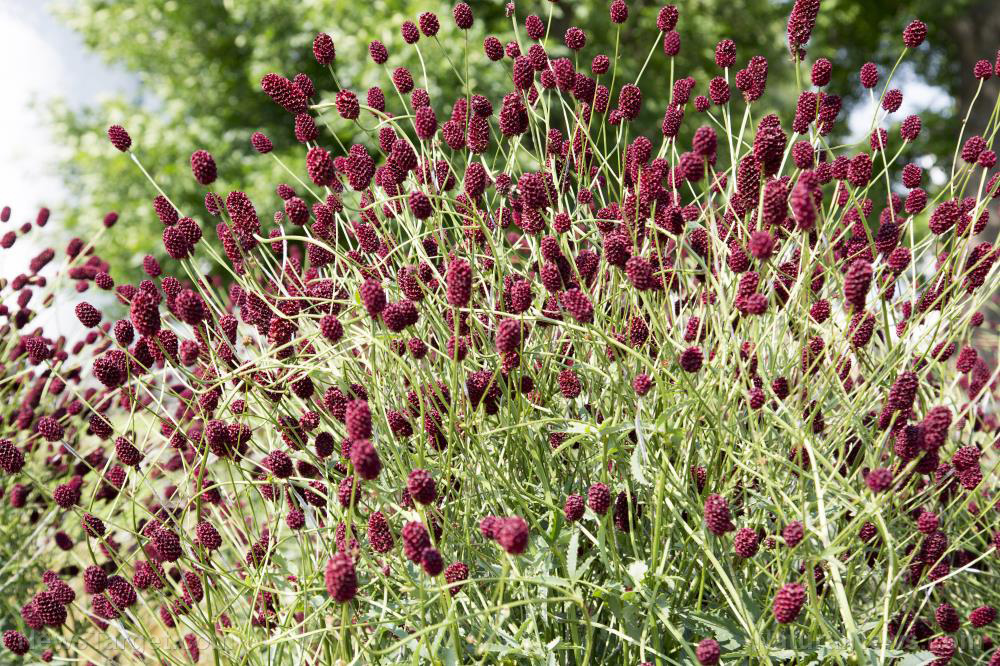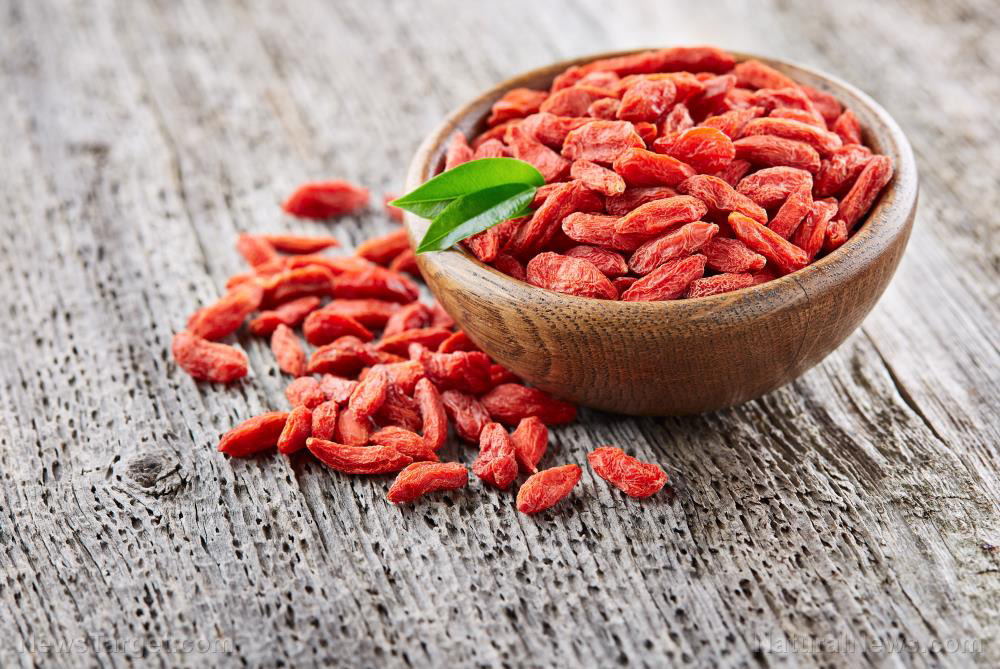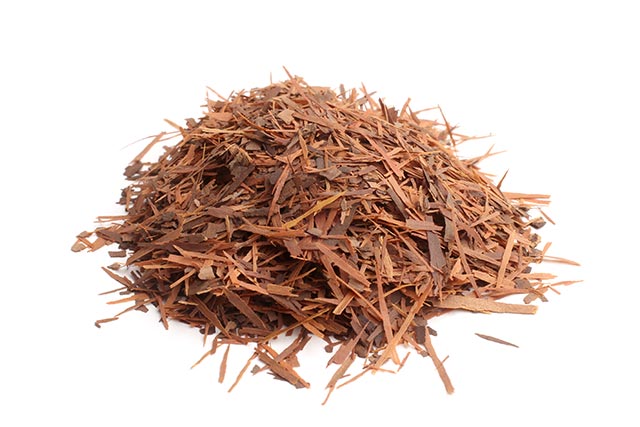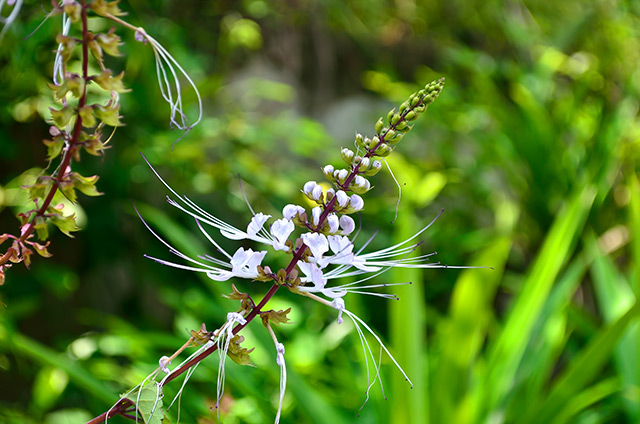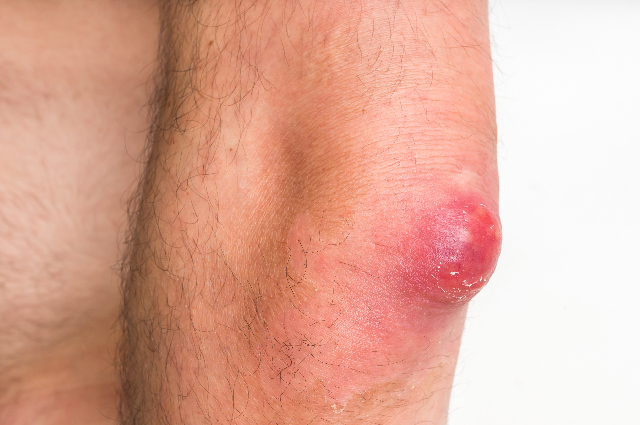Bright green coriander contains an array of medicinal oils with proven health benefits
08/30/2018 / By Zoey Sky
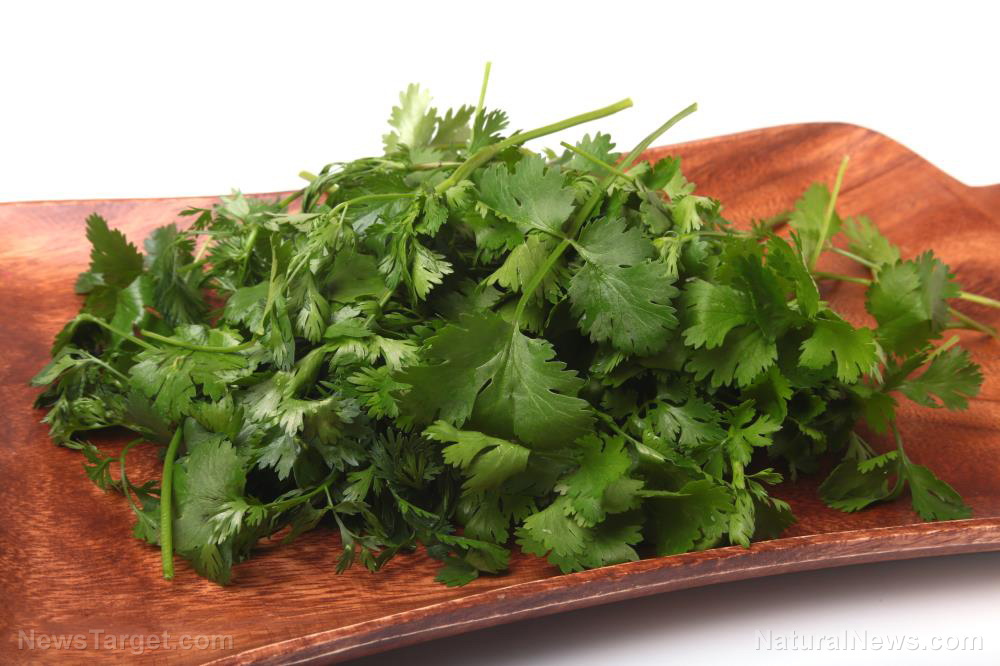
Coriander and cilantro (Coriandrum sativum) is a bright green herb that originated in the eastern Mediterranean region and western Asia. Usually grown worldwide for its aromatic leaves and seeds, studies have determined that coriander also offers various health benefits.
The health benefits and uses of coriander
Coriander seeds have various types of volatile oils with confirmed health benefits. They have 25 percent fatty oil content, which is made up of a high amount of petroselinic acid, along with a smaller percentage of linoleic acid, an omega-6 essential fatty acid.
The leaves of the herb possess more antioxidant activity than the seeds, which could be because of their phenolic content. Coriander leaves also have beneficial flavonoids, phenolic acids, and polyphenols.
The polyphenols in the leaves of the herb include kaempferol and quercetin, which both possess an antioxidant and anti-inflammatory effect. Coriander leaves are also rich in calcium and vitamins A, C, and K.
In traditional medicine, such as traditional Chinese medicine and Ayurvedic medicine, coriander seeds have been used as a carminative, digestive, or a stomachic since it is full of essential oils. The seeds were also used to gastrointestinal upset like diarrhea, dysentery, indigestion, and vomiting.
Additionally, coriander seeds were used as an antispasmodic and expectorant for bronchitis.
Topically, the herb’s seeds were used as an anti-inflammatory ointment for arthritis and rheumatism.
Meanwhile, coriander leaves were traditionally used to treat common digestive issues like dyspepsia and gastrointestinal spasms. The leaves were also used as an appetite stimulant. Coriander leaf preparations were also ingested and applied externally to the chest to address chest pains and coughs.
Today, coriander seed is used in medicinal teas in Germany and in different laxative and carminative remedies. Coriander seeds are often used in curry powder, pickling, and spice mixtures/rubs.
Coriander in modern research
Studies have shown that coriander seeds can help decrease blood sugar and reduce insulin resistance. Researchers posit that this is due to the seeds’ flavonoid and polyphenol content. The seeds can also help lower cholesterol levels.
Coriander seeds have components and phytochemicals that make them a popular choice for aromatherapy treatments. In a study, linalool, a terpenoid in coriander seed oil, repressed stress-induced effects on rats when inhaled.
Coriander seed extract also has a mild sedative effect, making the herb a possible cure for mild anxiety and insomnia. Animal studies concerning coriander seeds’ sedative effect are promising but it’s effectiveness has yet to be clinically tested in humans.
Studies have also proven that coriander leaves can help minimize the symptoms of patients with arthritis. Researchers posit that this antioxidant effect is connected to the presence of vitamins A and C, phenolic acids, and polyphenols in the leaves of the herb.
The topical use of diluted essential oils from coriander seeds can effectively treat superficial skin infections and oozing dermatitis linked to Streptococcus pyogenes. With the standard agar dilution method, coriander seed oil was able to inhibit Escherichia coli, Listeria monocytogenes, Pseudomonas aeruginosa, Staphylococcus aureus, and S. haemolyticus. (Related: Researchers: Coriander oil is a safe and effective way to treat MRSA superbug infections.)
Coriander leaf oil has aldehydes that worked against Candida spp., Salmonella choleraesuis, Salmonella typhi, S. aureus, and other bacteria.
Consider adding coriander to your regular diet so you can take advantage of the herb’s various health benefits.
Learn more about the health benefits of various herbs like coriander and other natural cures at Herbs.news.
Sources include:
Tagged Under: antioxidants, botanicals, cilantro, Coriander, coriander seeds, digestive issues, essential oils, food science, herbal medicine, herbal remedies, Herbs, ingredients, laxatives, natural cures, natural healing, natural health, natural medicine, natural remedies, nutrients, nutrition, phytochemicals, prevention, proper nutrition, remedies, research, Spices

